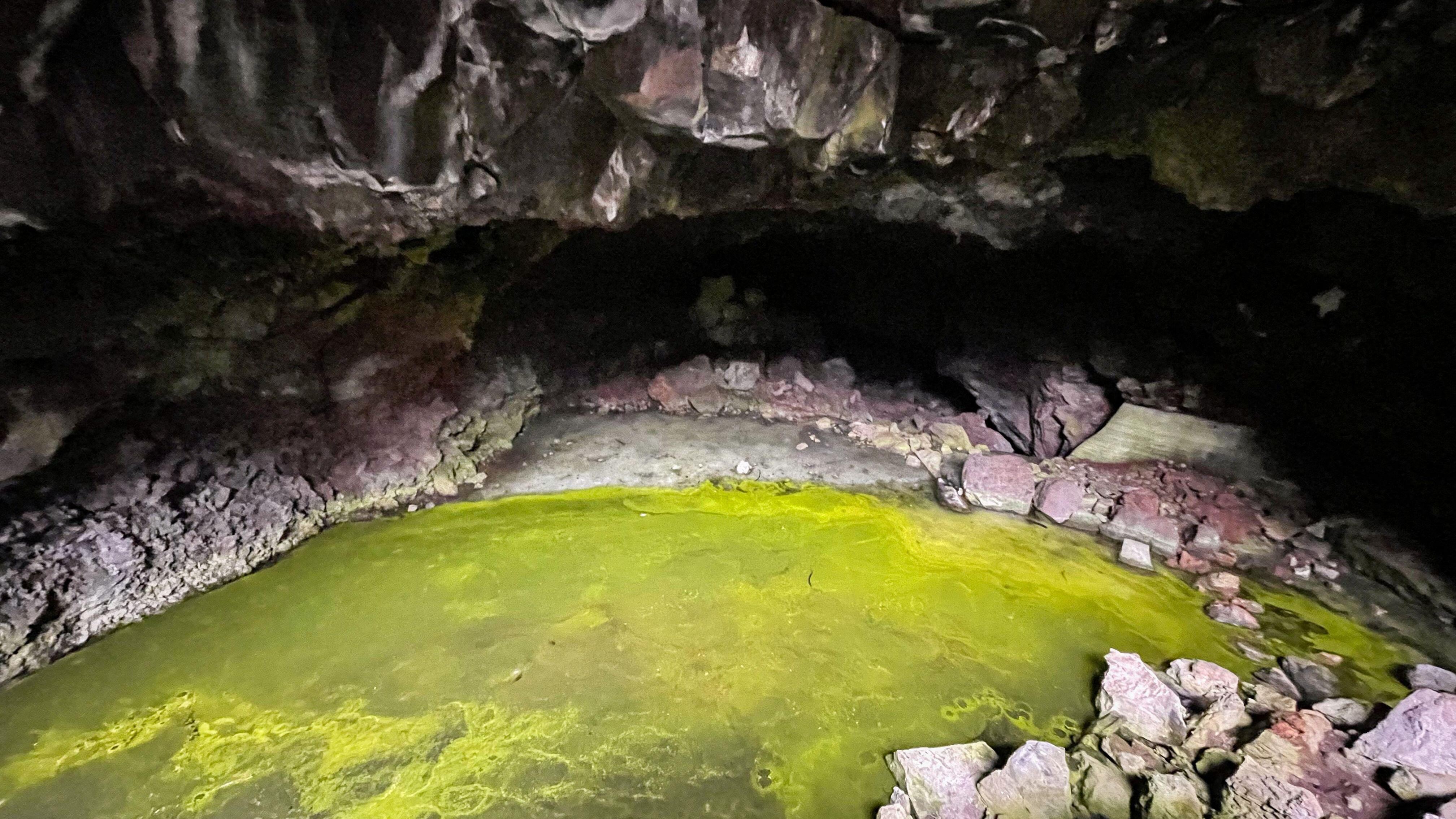NASA Taps Boeing to Build Avionics for New Rocket
Get the world’s most fascinating discoveries delivered straight to your inbox.
You are now subscribed
Your newsletter sign-up was successful
Want to add more newsletters?

Delivered Daily
Daily Newsletter
Sign up for the latest discoveries, groundbreaking research and fascinating breakthroughs that impact you and the wider world direct to your inbox.

Once a week
Life's Little Mysteries
Feed your curiosity with an exclusive mystery every week, solved with science and delivered direct to your inbox before it's seen anywhere else.

Once a week
How It Works
Sign up to our free science & technology newsletter for your weekly fix of fascinating articles, quick quizzes, amazing images, and more

Delivered daily
Space.com Newsletter
Breaking space news, the latest updates on rocket launches, skywatching events and more!

Once a month
Watch This Space
Sign up to our monthly entertainment newsletter to keep up with all our coverage of the latest sci-fi and space movies, tv shows, games and books.

Once a week
Night Sky This Week
Discover this week's must-see night sky events, moon phases, and stunning astrophotos. Sign up for our skywatching newsletter and explore the universe with us!
Join the club
Get full access to premium articles, exclusive features and a growing list of member rewards.
WASHINGTON -- Boeing Space Exploration of Houston nabbed its second major role on NASA's new astronaut launcher, winning a contract potentially worth $800 million to build and outfit an avionics ring that will control the Ares I rocket in flight.
Boeing beat out Ball Aerospace and Technologies Corp. for the contract award, denying the Boulder, Colo., company what would have been its first piece of NASA's planned space shuttle replacement.
"Their final proposals were very competitive and they point to the value of competition in awarding these contracts," said Doug Cooke, NASA deputy associate administrator for exploration systems.
The avionics ring will be mounted to the Ares I upper stage, which Boeing was selected to produce in August under a contract that could be worth as much as $1.13 billion.
The value of the initial Ares I avionics contract, which runs through 2016 and includes one ground test unit, three flight test units and six production units, is $265.5 million. Additional work not included in the initial deal could be worth $420 million, and that plus $114 million for another 12 flight units could bring the total value of the deal to $799.5 million, NASA said in a press release.
The Ares I launcher features a core stage based on the space shuttle's solid-rocket boosters and a liquid-fueled upper stage. The vehicle design is being led by NASA's Marshall Space Flight Center in Huntsville, Ala., with major support from Alliant TechSystems, Pratt & Whitney Rocketdyne and Boeing.
Lockheed Martin Space Systems of Denver is responsible for building the Orion Crew Exploration Vehicle that will launch atop Ares I, initially on missions to the international space station and eventually, NASA hopes, to the Moon.
Get the world’s most fascinating discoveries delivered straight to your inbox.
The avionics ring will be outfitted with all the electronics needed to provide guidance, navigation and control for the entire Ares I rocket. Boeing's job is to select the electronic components that best meet NASA's needs and install them on the inside of a large metal ring that connects the Ares I upper stage and the Orion capsule.
A total of five teams submitted proposals this summer for the so-called Instrument Unit Avionics contract. In early October, NASA quietly narrowed the field of contenders to Boeing and Ball. The three firms passed over for further consideration were BAE Systems, Honeywell Technology Solutions and Raytheon Missile Systems. That decision surprised some aerospace analysts who saw those three major avionics vendors as favorites heading into the competition.
 Live Science Plus
Live Science Plus










